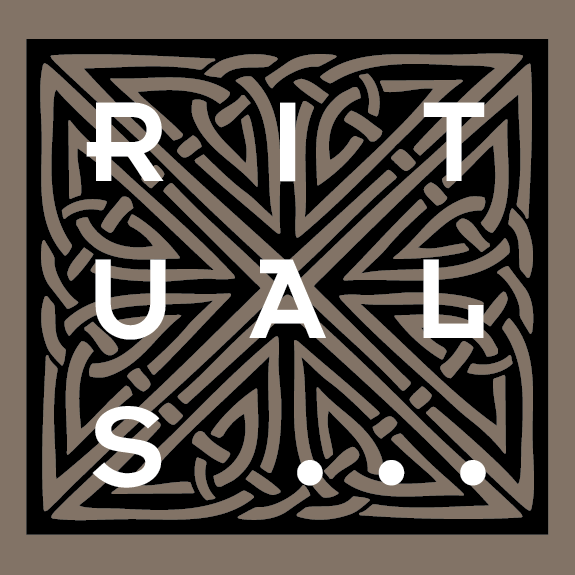

Rituals Cosmetics

North Holland, Netherlands The
December 2021
Personal care products
Wholesale/Retail
Austria,
Belgium,
Denmark,
France,
Germany,
Hong Kong S.A.R.,
Ireland,
Italy,
Netherlands The,
Norway,
Poland,
Portugal,
Spain,
Sweden,
Switzerland,
United Kingdom,
United States
Rituals Cosmetics is a brand dedicated to sustainable and personal wellbeing in the beauty luxury industry. As a foremost founder of integrating bath, body and home care into a single portfolio, Rituals embraces the lifestyle of transforming everyday routines into more meaningful moments. With an expansive innovation portfolio in body care, home fragrances, natural skin care and home wear, Rituals invites the consumer to enrich their world with wellbeing moments. Founded in Amsterdam in 2000, Rituals has since been established as a global industry expert in over 33 countries present in vibrant cities such as London, Paris, Hong Kong and New York with more than 870 stores, 2750 shop-in-shops and 5 body spas. Dedicated to its Clean, Conscious and Caring program, Rituals is committed to continuously improve its social & environmental impact. In a world of luxury brands, Rituals aims to be the forerunner in the luxury standard of bringing beauty and wellbeing together in a sustainable future. For more information, please visit www.rituals.com
Overall B Impact Score
Governance 16.3
Governance evaluates a company's overall mission, engagement around its social/environmental impact, ethics, and transparency. This section also evaluates the ability of a company to protect their mission and formally consider stakeholders in decision making through their corporate structure (e.g. benefit corporation) or corporate governing documents.
What is this? A company with an Impact Business Model is intentionally designed to create a specific positive outcome for one of its stakeholders - such as workers, community, environment, or customers.
Workers 21.1
Workers evaluates a company’s contributions to its employees’ financial security, health & safety, wellness, career development, and engagement & satisfaction. In addition, this section recognizes business models designed to benefit workers, such as companies that are at least 40% owned by non-executive employees and those that have workforce development programs to support individuals with barriers to employment.
Community 22.0
Community evaluates a company’s engagement with and impact on the communities in which it operates, hires from, and sources from. Topics include diversity, equity & inclusion, economic impact, civic engagement, charitable giving, and supply chain management. In addition, this section recognizes business models that are designed to address specific community-oriented problems, such as poverty alleviation through fair trade sourcing or distribution via microenterprises, producer cooperative models, locally focused economic development, and formal charitable giving commitments.
What is this? A company with an Impact Business Model is intentionally designed to create a specific positive outcome for one of its stakeholders - such as workers, community, environment, or customers.
Environment 30.8
Environment evaluates a company’s overall environmental management practices as well as its impact on the air, climate, water, land, and biodiversity. This includes the direct impact of a company’s operations and, when applicable its supply chain and distribution channels. This section also recognizes companies with environmentally innovative production processes and those that sell products or services that have a positive environmental impact. Some examples might include products and services that create renewable energy, reduce consumption or waste, conserve land or wildlife, provide less toxic alternatives to the market, or educate people about environmental problems.
What is this? A company with an Impact Business Model is intentionally designed to create a specific positive outcome for one of its stakeholders - such as workers, community, environment, or customers.
Customers 3.2
Customers evaluates a company’s stewardship of its customers through the quality of its products and services, ethical marketing, data privacy and security, and feedback channels. In addition, this section recognizes products or services that are designed to address a particular social problem for or through its customers, such as health or educational products, arts & media products, serving underserved customers/clients, and services that improve the social impact of other businesses or organizations.